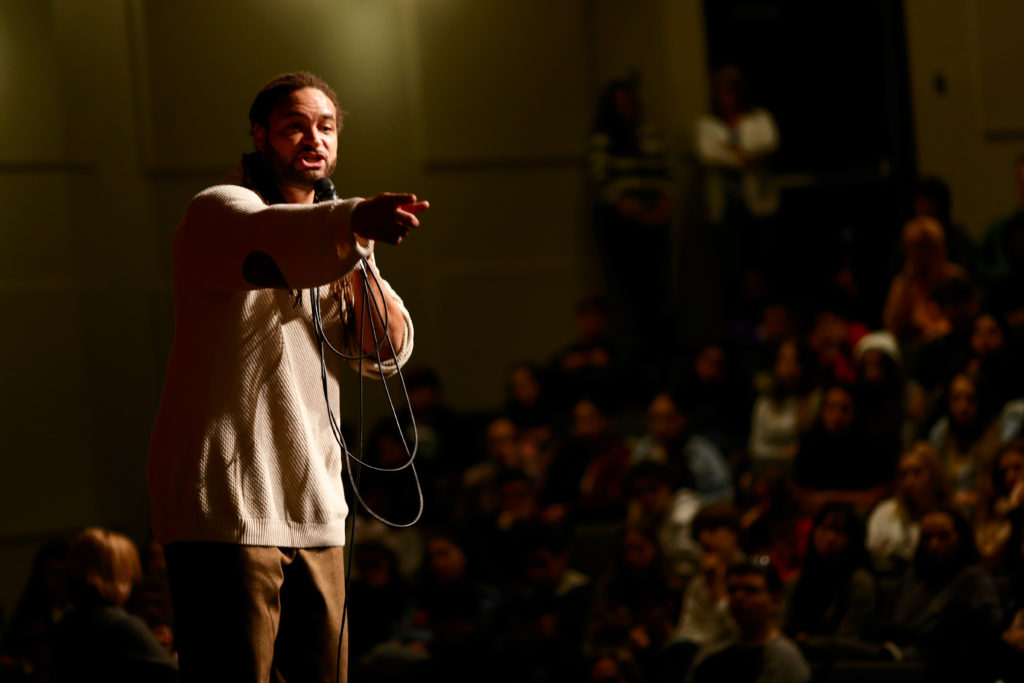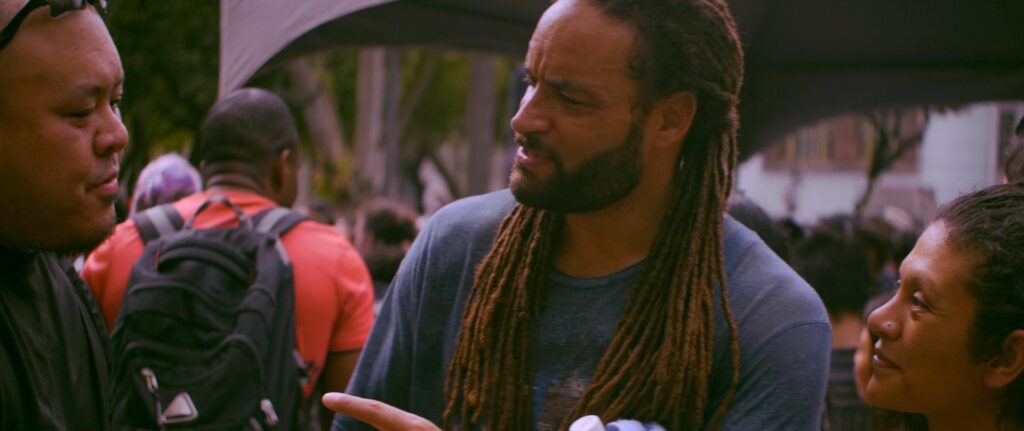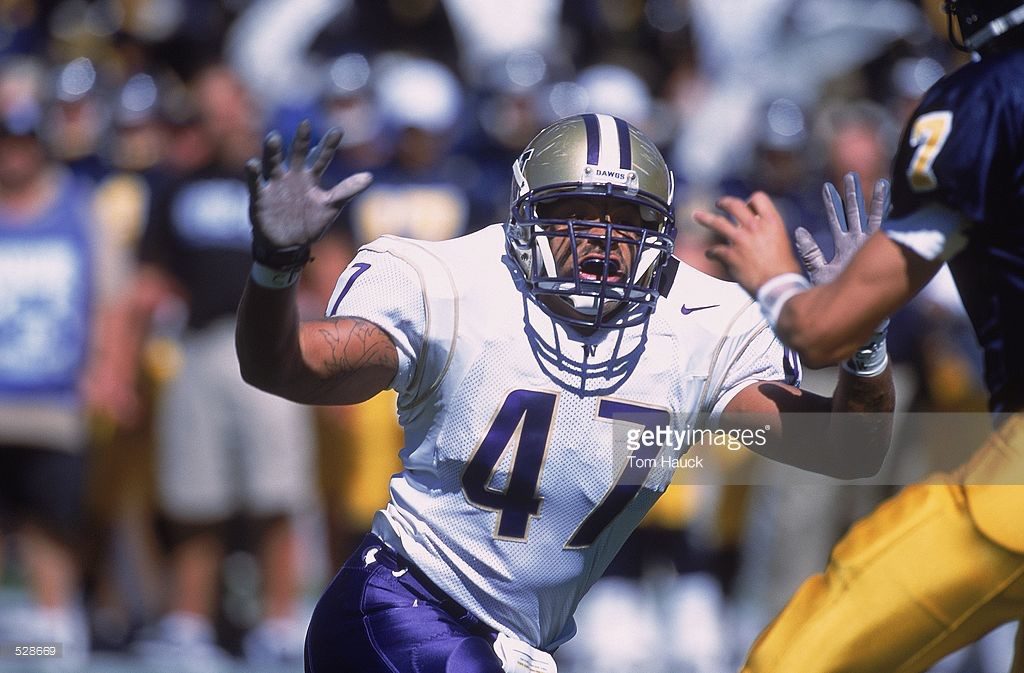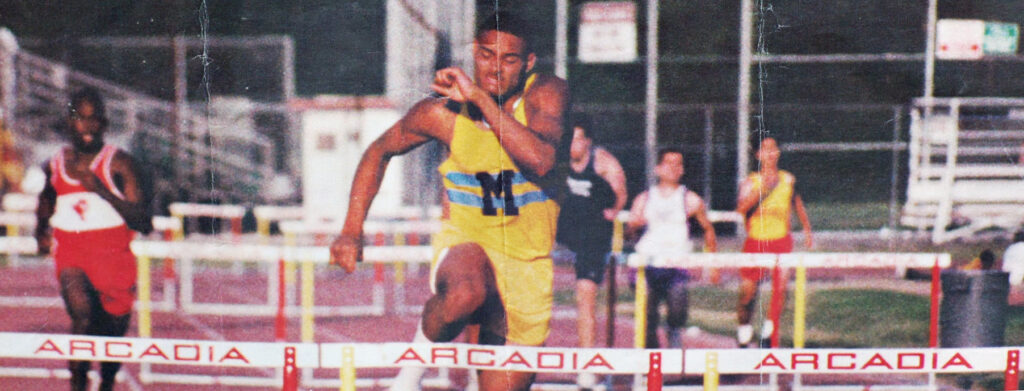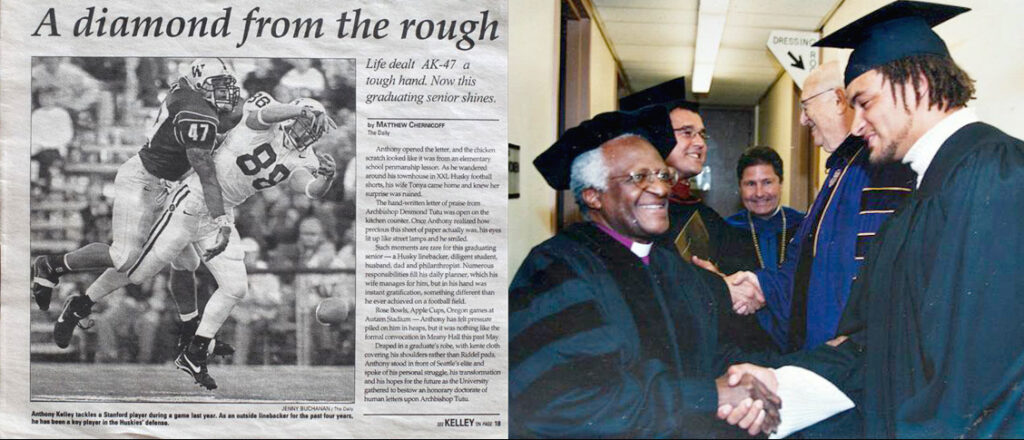South Africa and Reconciliation
South Africa has held a special place in my heart for many years. During my early college years, shortly after our win over Purdue in the 2000 Rose Bowl, I traveled to South Africa and had an experience that forever changed my life. South Africa was a living history that exceeded all book and classroom learning experiences. It was there that I was forced to confront, for the first time in my life, how I was using my position, power, and privileges. This forced a sharp shift in my thinking, and I embarked on service learning work across South Africa, partnering with local grassroots organizations to develop conflict and resolution practices.

My first experiences with South Africa were incredibly impactful. After my third season playing football for the University of Washington, I returned to continue building on the work I had started. This involved organizing fundraisers, cultural events, and educational workshops across communities in teaching participants about South African history, culture, and struggles. The workshops and events were led by a youth group we sponsored and supported from South Africa. We aimed to create opportunities for these youths outside of their impoverished community. However, my personal life became a distraction, and after my divorce, my work development was disrupted and stopped.

I eventually found a new path and began working for the University, where I developed community partnerships, recruited students, and restored historically broken relationships between minority populations and the University. While I was quickly moving up the ladder, I found myself becoming more isolated in the work I was developing. The depth in which I connected with the communities made leadership uncomfortable, and they preferred that I work independently. However, partnerships are built on relationships, and without honest and true relationships, we cannot create anything meaningful together.
This belief was instilled in me during my time in South Africa, where I learned about conflict and reconciliation and the human experience. In South Africa, I worked with communities that had experienced deep emotional and physical pain, particularly those affected by the apartheid era. The healing process began with acknowledging the hurt done and then building a community support model for individual accountability. We ultimately wrapped all these practices into an institutional framework that could perpetuate the work informed by the people. This model was successful, but relationships and follow-through powered it. Unfortunately, losing these relationships meant the project’s power was no more.
Feeling tired of maintaining these relationships with little support, I resigned from my position as director of Diversity outreach and Recruitment. Instead, I led an independent film project examining my identity and internal conflict. I used social media and other multi-media tools to capture the practices and tools we developed throughout the project. Through my work in service learning, community activism, diversity, inclusion training, and outreach recruitment, I have understood that almost everything is connected in some relationship, and those relationships inform most policies and laws.
Those familiar with community service work know how important relationships are to service community work. This belief led to my third trip to South Africa. I contacted those involved in past projects interested in addressing the conflicts that ended the work and exploring possible resolutions. I wanted to take accountability for the work I didn’t follow through with. Only one family reached out, but it was a start. We met in South Africa, talked about the issues that got in the way of the work continuing, and found ways to reconcile and continue working together. We collectively identified a community project to work on and followed through, creating an impactful event and a model for the surrounding community to draw from for future project work. This work reinforced the importance of individual accountability and how a collective effort can reshape hurtful experiences.





